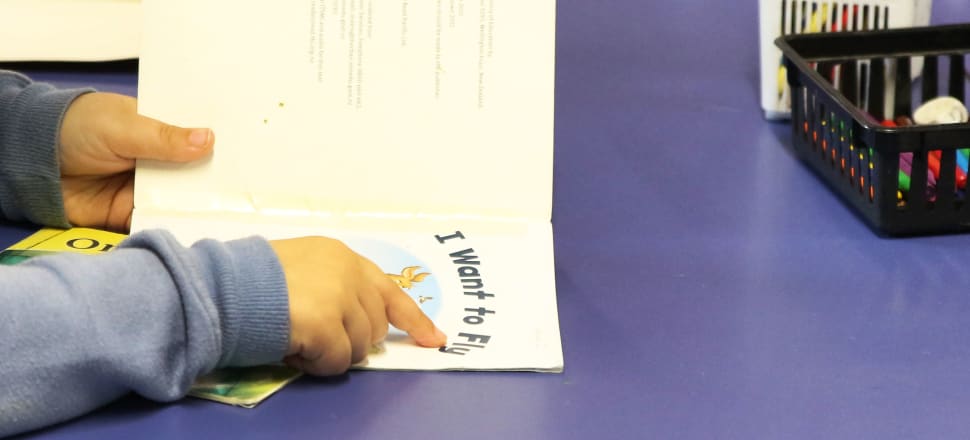
The Government is committed to rolling out more support for schools to help high needs students, but what principals are hoping for and what actually eventuates could be two different things
More learning support coordinator (LSC) roles have been promised but schools will have to wait for Budget 2023 to find out how many there will be.
Six hundred and twenty-three roles covering about 1000 schools were funded in Budget 2019.
The in-school roles are designed to ensure all learners - from those with disabilities, neurodiversity and behavioural issues, to those who are gifted - get the help required.
The role involves meeting and coordinating across various agencies that might be involved, applying for funding, working with needs assessors and students and their families.
Pat Newman, who has been a principal for 40 years, said the value of these positions could not be understated.
“There’s a huge need for schools to co-ordinate this. My deputy does this and it’s about 90 percent of her work ... it’s an extremely skilled job.”
The Tai Tokerau Principals' Association president supported the roles despite his school not having access to one.
“They were rolled out to schools in a totally inequitable manner that didn’t take into account needs. Schools who had students with huge needs did not get the help.
“And the schools that didn’t get it have missed out.”
LSCs are employed by one school but often work across multiple.
The majority of clusters that received a role were Communities of Learning Kāhui Ako. Of the 124 'clusters', 115 were Kāhui Ako.
Newman said schools who had chosen not to form a Kāhui Ako had appeared to be penalised by not receiving an LSC.
About three-quarters of schools are connected with a Kāhui Ako, however a moratorium on establishing new clusters was brought in in 2019.
"They will always come to me and say these learning support coordinators, when are we getting more? I know they're important.” - Jan Tinetti
In addition, no consideration was given to whether a school already had a Special Education Needs Coordinator (SENCO).
“Some Boards of Trustees have chosen to establish SENCO roles, and the ministry does not provide any specific funding for these roles,” the ministry said at the time.
“So some schools have LSCs and SENCOs and some schools have nothing,” Newman said.
Associate Minister Jan Tinetti agreed the second rollout needed to be done better.
“That would be something that I would be looking at. I wasn't in charge of the process last time but I would definitely be looking at the process and the future rollouts to ensure that they went to the right places.”
She said evaluations proved the roles were beneficial, but could not commit to how many more might be funded, or when those jobs could start.
“We committed to that in our manifesto, we've committed to the rollout but we have to wait for budget processes.”
That means competing against other budget bids.
Tinetti wants at least another 600-odd though.
“It's the timeframe that it is ... we know that they are an important part of the system. We've found that out in the evaluation and I get told us constantly how important they are.
“I always know a school by whether they've got them or not because they will always come to me and say these learning support coordinators, when are we getting more? I know they're important.”
Principals Federation national president Cherie Taylor-Patel said the need for greater learning support services was critical, particularly in light of the pandemic.
“We have a group of students who have needs that they didn’t have before. There’s lost learning time, high levels of anxiety and mental health needs that are different from what they were before. It’s different from pre-Covid.
“So to have that special support roll out to more schools will be absolutely vital.”
She said principals were keen to see more roles made available.
“Principals have been advocating since the first tranche to get the second tranche rolled out.
“There are always a hundred ways to spend special needs funds but to have a human resource in a school that’s education focused in supporting development, to find programmes, or education plans, that is there to pull together meetings when you’ve got multiple agencies involved ... it’s so important.”
Taylor-Patel said there were people out there who would fill the roles.
“The ministry have let the sector know they’re dropping funding for 350 teachers next year, so there are teachers that could be engaged."
Newman also had some thoughts for where the staff could come from.
“Maybe some people in the ministry want to get back out there in the real world.”







